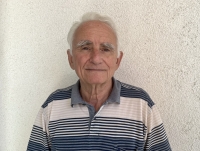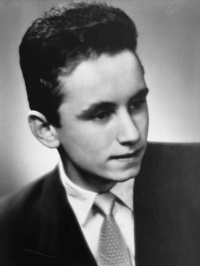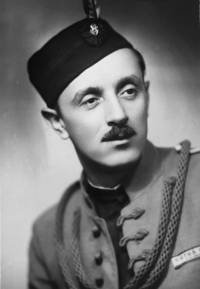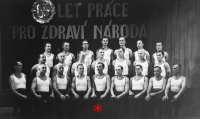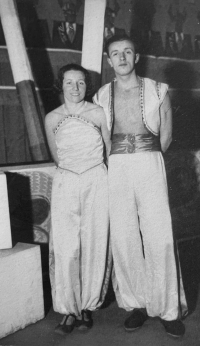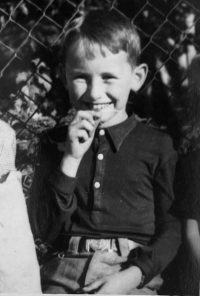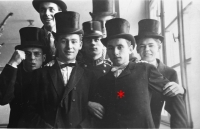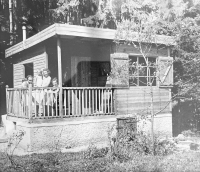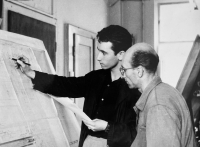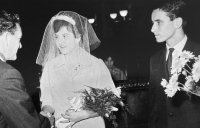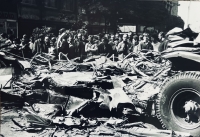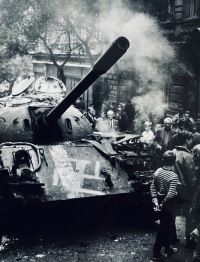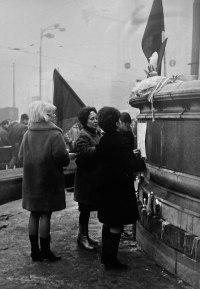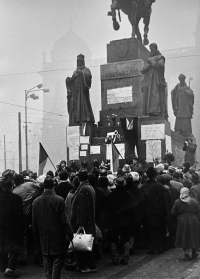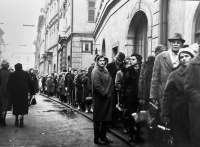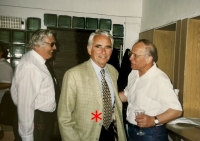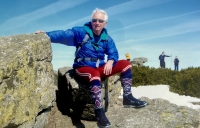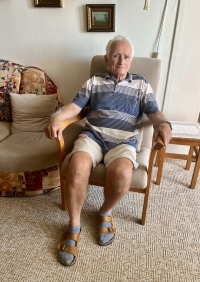His dad was taken away when he was eight years old. He didn’t come back until he was 18.
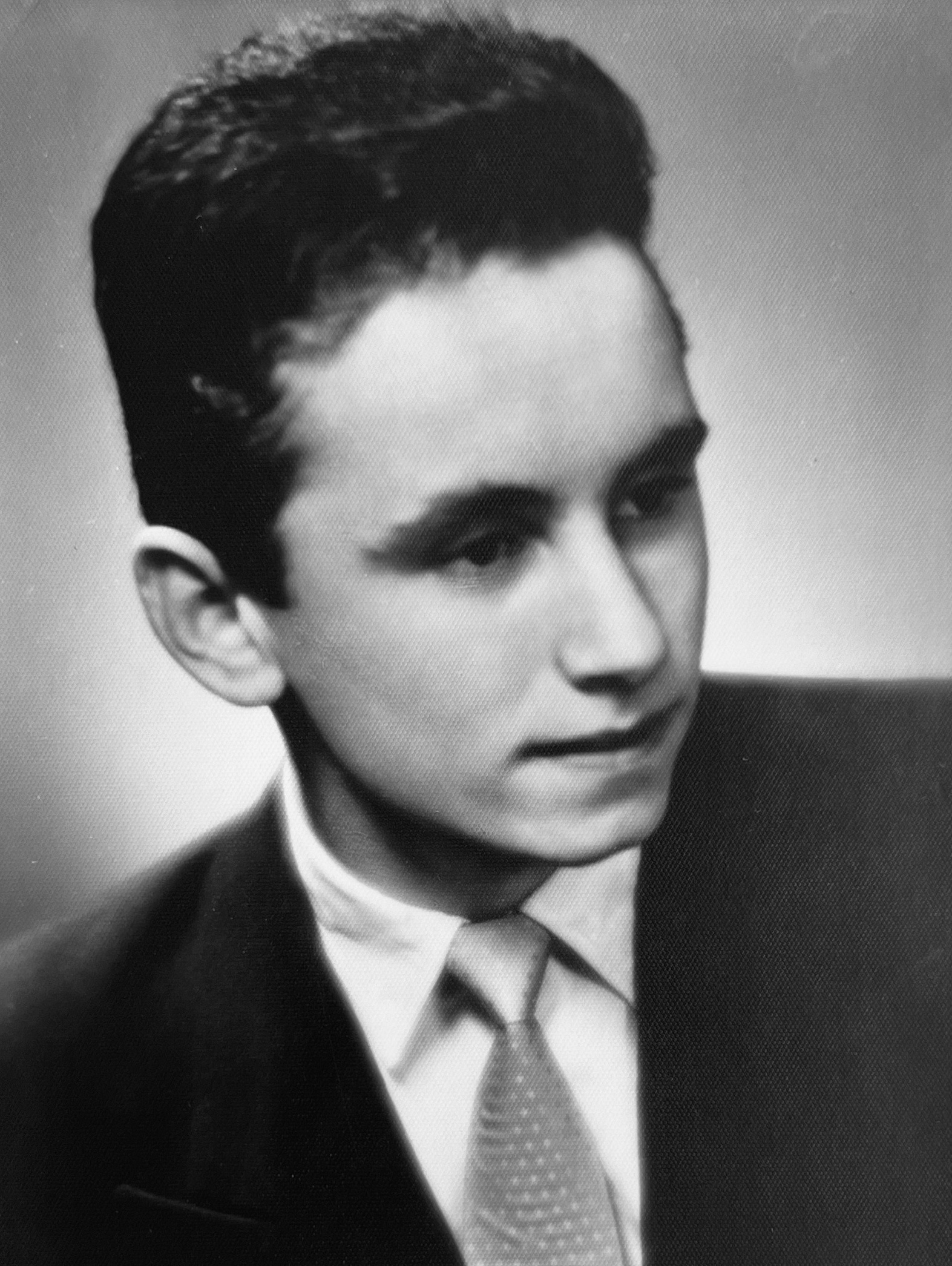
Download image
Stanislav Mašek was born on 28 June 1941 in Kolín and spent his youth in Kutná Hora. His father Adolf Mašek was a chief of Sokol and a watchmaker. His mother, Růžena Mašková, née Kroupová, worked in a watchmaking shop. In February 1950, State Security arrested Adolf Mašek for financial assistance to the families of those arrested and illegal resistance activities and sentenced him to thirteen years in Jáchymov and Příbram. After his release, he worked as an electrician in the mines at Kaňk near Pardubice until his retirement. After his arrest, his mother worked for a year in the Lidka chocolate factory, then in the grain buying business until her retirement. Stanislav Mašek graduated from the Secondary Industrial School of Power Engineering, after school and military service he got a posting to Prague to the Plants of Industrial Automation, a company called Regula. In the spring of 1968 he made a critical speech to the workers and initiated the establishment of workers’ councils. In 1969 dad Adolf Mašek was acquitted, in 1971 the trial was reopened, in 1973 Adolf Mašek was retroactively sentenced to three years, and the court fully rehabilitated him in 1990. The witness worked as a designer in the field of measurement and regulation. In 1985 he joined the Interm company, which he privatised with five partners after 1989. After three and a half years, the company went bankrupt. In 2017, he rejoined Regula as deputy division manager. A year before his retirement, he left to join Inelsev, where he worked until he was seventy-seven. In 2024, he was living in Prague.
